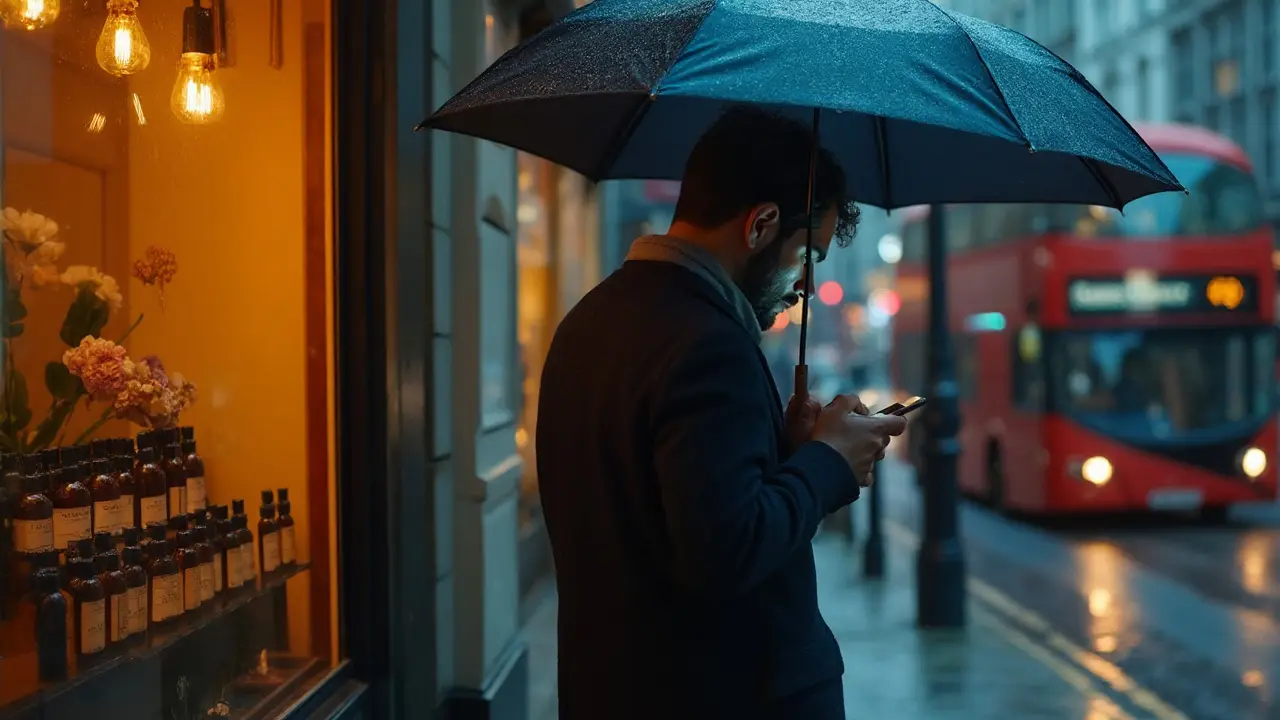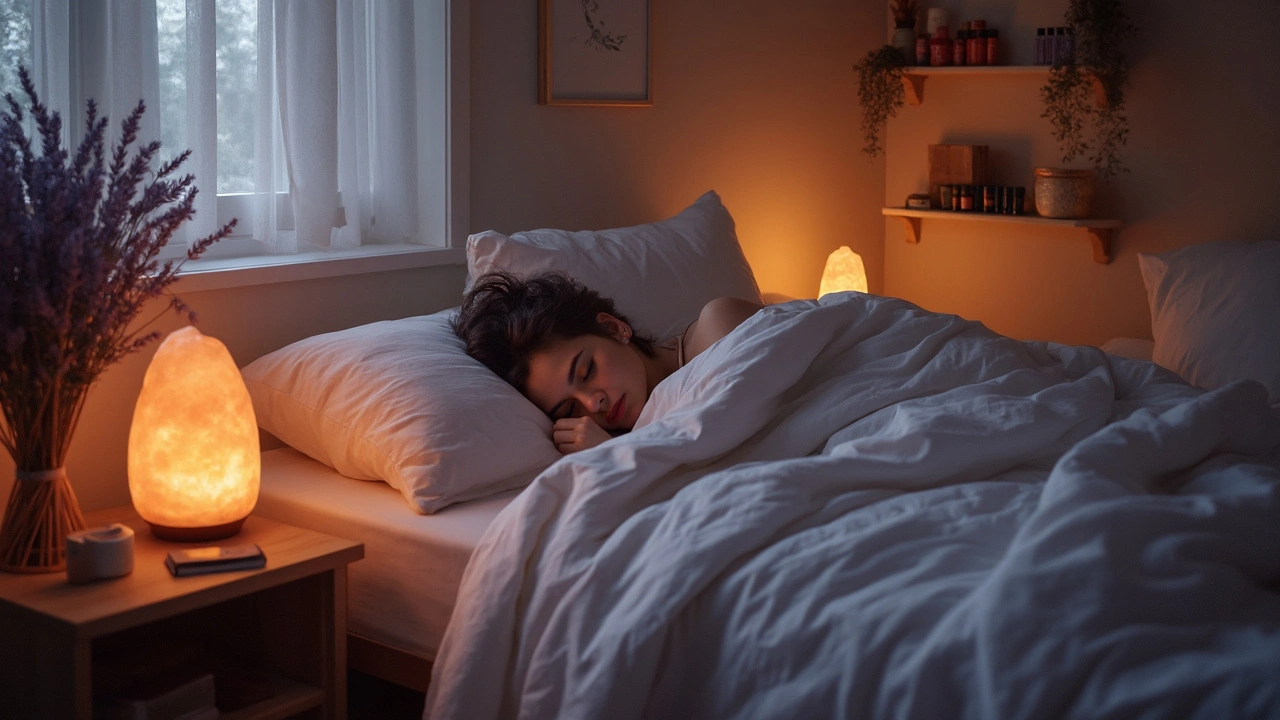Sleep Quality Tips for London Life
Sleep can feel like a luxury when the city never stops. The good news? Small changes can turn restless nights into solid rest. Below you’ll find practical ideas you can start today, plus how the massage guides on this site tie into better sleep.
Set Up a Sleep‑Friendly Environment
First, tackle the bedroom. Keep the room cool, around 65°F (18‑19°C). A fan or a cheap portable AC can do the trick, even in a flat. Block street lights with blackout curtains or a simple eye mask. Noise is a big issue near the tube stations; white‑noise apps or a low‑volume fan can drown it out.
Next, ditch electronics at least 30 minutes before bed. The blue light from phones tricks your brain into thinking it’s still daytime. If you need a night‑time read, pick a paper book or use a dim red light.
Use Massage to Calm the Body
Stress is a top sleep‑killer, and many of our posts show how massage can cut that stress. A 30‑minute sports or deep‑tissue massage in East London, for example, loosens tight muscles and drops cortisol levels. If you can’t get to a spa, try a self‑massage on your neck and shoulders with a tennis ball or foam roller before bed.
Lymphatic drainage massage, especially for pregnant women, also helps reduce swelling and improve circulation. Better circulation means a cooler body temperature at night, which supports deeper sleep. Our guide on lymphatic drainage in London mentions pricing and booking, so you can find a therapist that fits your budget.
Outcall massage is another option if you’re short on time. A therapist comes to your flat, sets up a calming space, and you get the benefit without the commute. Look for a therapist who uses calming oils like lavender or chamomile – the scent can cue your brain that it’s bedtime.
Couples massage dates are not just romantic; they also sync your breathing and relax both partners. The shared calm can make it easier to fall asleep side by side.
Nighttime Routine Hacks
Stick to a simple routine. splash cool water on your face, brush teeth, and do a quick stretch. Stretching the hamstrings and lower back can release tension that builds up during a day of walking the city.
Drink a warm, non‑caffeinated beverage. A mug of herbal tea (peppermint or rooibos) can be soothing. Avoid heavy meals within two hours of bedtime – digestion can keep you awake.
If you’re still awake after 20 minutes, get out of bed and do a low‑key activity like reading a paperback. Staying in bed while you’re wide awake can create anxiety around sleep.
Finally, track your sleep. A basic phone app or a cheap fitness band can highlight patterns you might not notice, like early‑morning awakenings caused by the morning rush.
London offers plenty of ways to support better sleep, from affordable massage spots to quiet parks for a pre‑bedwalk. Try a couple of the tips above, and you’ll likely notice a difference in how quickly you drift off and how refreshed you feel the next day.



